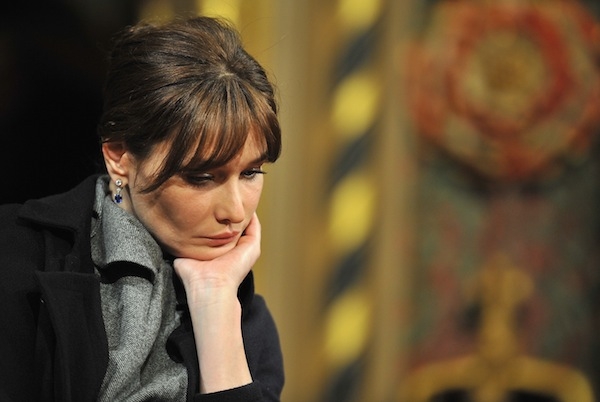In Democracy in America, Alexis de Tocqueville identified ‘the tyranny of the majority’ as the main shortcoming of democratic societies. His fear was that the principle of majority rule could cross over from the political arena to the realm of ideas. After all, if being able to command the most votes is the main source of political authority, what’s to stop it becoming the main source of intellectual authority? Tocqueville wasn’t worried about people being oppressed physically in democratic societies. Rather, it was their independence of mind that was at risk — and this ‘mild despotism’ was, in some ways, even more pernicious than the overt despotism of European monarchies.
Was Tocqueville being unduly alarmist? Today, diversity of opinions and ideas is one of the great distinguishing characteristics of democratic societies. Even where one viewpoint clearly predominates — such as a belief in socialised medicine — there’s usually an active minority that isn’t afraid to voice its dissent.
But if Tocqueville was wrong about the tendency of individuals to be tyrannised by the majority across whole societies, he was right about it happening within the various groups that make up democratic societies.

Get Britain's best politics newsletters
Register to get The Spectator's insight and opinion straight to your inbox. You can then read two free articles each week.
Already a subscriber? Log in








Comments
Join the debate for just $5 for 3 months
Be part of the conversation with other Spectator readers by getting your first three months for $5.
UNLOCK ACCESS Just $5 for 3 monthsAlready a subscriber? Log in